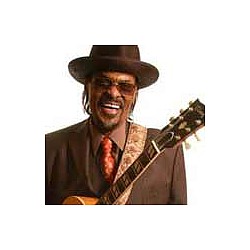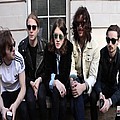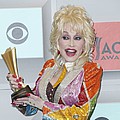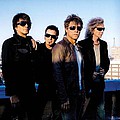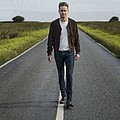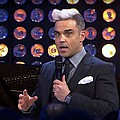Chuck Brown, the Washington D.C. singer who became the Godfather of Go-Go in the 70's, passed away on Wednesday at John Hopkins University in Baltimore, MD at the age of 75. According to his manager, Brown died of sepsis.
Brown had not performed since February and, for almost two months, there were questions as to where he was. Finally, in early May, his daughter issued a statement saying that he had pneumonia and was recovering. Another report said that Brown had entered the hospital for arthritis but doctors ended up removing a large blood clot from an unspecified area of his body. It was during the time he was recovering that he contracted pneumonia.
Brown began his musical career in the 1960's playing guitar with Jerry Butler and the Earls of Rhythm and Los Latinos. It was while he was with the last group that he became fascinated with Latin percussion, adding it to the music that already influenced him from soul, blues and jazz. Over the first part of the 70's, Chuck developed his signature sound while playing top forty clubs, adding rhythms and call and response with the audience between each of the songs.
In 1972, Brown, performing with the Soul Searchers, scored his first charting hit with We the People (Part 1) and followed with a number of records that peaked below the R&B top 30. His fortunes changed in early 1977 with Bustin' Loose (Part 1) which went to the top of the R&B singles and stayed their for four weeks (also peaking at 34 on the Pop charts).
While Brown was huge around the Washington area, Bustin' Loose was his one run on the limelight nationally; however, his music had a great influence over the rap and hip-hop scene. A sample from Blow Your Whistle made its way to Eve's 2007 hit Tambourine, Bustin' Loose was in Nelly's Hot in Here and the track Ashley's Roach Clip was sampled by a wide variety of artists from Eric B. & Rakim to LL Cool J.
Brown remained a big concert draw throughout the rest of his career and expanded his sound to take in big band jazz (Go Go Swing Medley) along with an album of jazz standards that he dedicated to the late-Eva Cassidy with whom he had recorded a duet.
During the 2000's, Brown's contributions to music became recognized with a Lifetime Heritage Fellowship from the National Endowment of the Arts (2006) and by the National Visionary Awards Project (2007). A street in Washington was also renamed Chuck Brown Way.
Brown also had a major comeback as a recording artist in 2007 when his album We're About the Business peaked at number 2 on the R&B charts.
Vincent Gray, mayor of the District of Columbia, said:
Go-go is D.C.'s very own unique contribution to the world of pop music, and Chuck Brown was regarded as Go-go's creator and, arguably, its most legendary artist. Today is a very sad day for music lovers the world over, but especially in the District of Columbia. Without Chuck Brown, the world –- and our city –- will be a different place. What a loss!
I am thankful that I had so many opportunities to witness Chuck's singular talent in person, and I enjoyed each performance immensely. My heart, my thoughts and my prayers go out to his family.
Chuck Brown news
